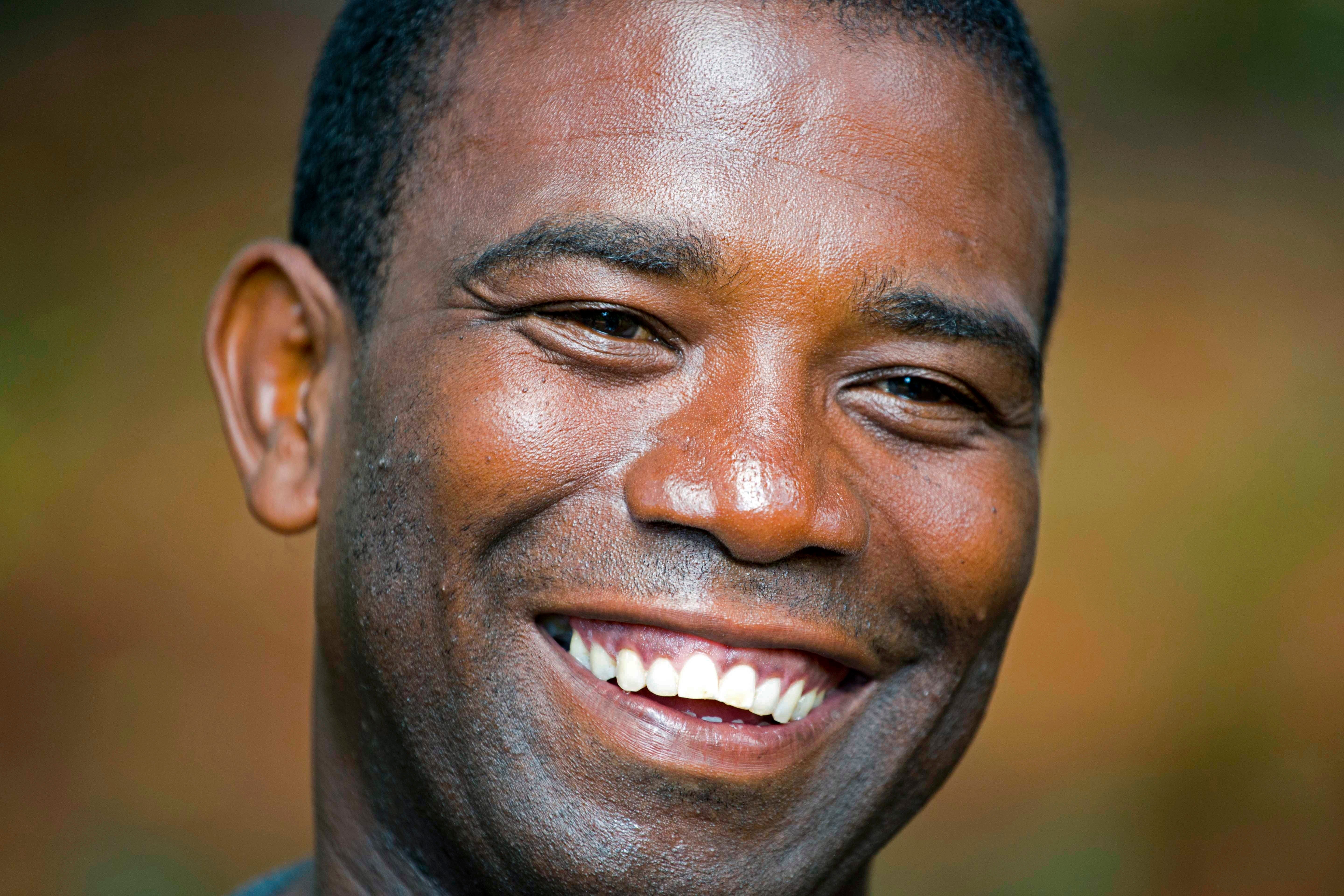When someone makes the choice to end their life in front of others, especially on a platform like Facebook Live, it sends out a truly powerful ripple, affecting many people who happen to see it or hear about it. It is, you know, a moment that sticks with you, showing just how much public spaces, even digital ones, can hold incredibly difficult happenings. The raw openness of such an act, broadcast for anyone to witness, really makes us stop and think about what it means to be connected in this modern world.
This sort of public display, so sudden and unscripted, raises a whole lot of tough questions for everyone involved. We find ourselves wondering about the person who felt such deep pain, the people who were watching, and the very nature of these platforms that allow such things to play out. It's almost, a very stark reminder of the fragile line between personal moments and what gets shared with the whole wide world, often without a filter or any sort of preparation.
This discussion will explore the broader implications of such events, looking at the way our language shapes how we talk about people, particularly the word "guy," and then consider the wider impact of live online broadcasts. We will, in some respects, try to make sense of how these digital happenings make us think about support and shared care, especially when things get really hard for someone.
- Where Is Teresa Stone Now
- My Pillow Pillow Topper
- Why Did Scott Caron Leave This Old House
- Jeff The Killer In Real Life
- Super Models Hot
Table of Contents
- The Weight of a Moment - When a Guy Kills Himself on FB Live
- What Happens When Lives Unfold Online?
- The Word "Guy" - How Did It Come About?
- From Effigy to Everyday Talk - What Does "Guy" Really Mean?
- The Digital Public Square - What Are the Responsibilities?
- Supporting Those Around Us - How Can We Help a Guy?
- The Echoes of Online Actions
- Moving Forward - Understanding the Impact
The Weight of a Moment - When a Guy Kills Himself on FB Live
A live broadcast of a personal crisis, like when a guy kills himself on FB live, carries a very heavy weight. It is, in a way, a public cry for help, or perhaps a final statement, that leaves a lasting mark on anyone who witnesses it. The immediacy of the event means there is no time to prepare, no way to shield oneself from the raw, unfiltered reality. People watching might feel a mix of shock, helplessness, and a deep sense of sadness, almost as if they are right there in the room with the person. This kind of event makes us all think about the boundaries of what should be shared and what remains private, especially when the stakes are so incredibly high.
These sorts of happenings challenge the platforms themselves, too. They have to grapple with how to respond quickly, how to protect their users, and how to balance openness with safety. It's a very difficult tightrope walk, really. The technology that connects us so easily also means that truly personal moments, even those filled with extreme pain, can be shared with countless strangers in an instant. This raises questions about how we, as a collective, can foster environments that support people rather than, you know, potentially amplifying their distress.
What Happens When Lives Unfold Online?
When someone's deepest struggles play out for everyone to see on the internet, what exactly happens? Well, for starters, it often sparks a lot of conversation, both good and not so good. People might react with immediate concern, trying to get help, or they might simply be stunned into silence. It can be, in short, a very disorienting experience for viewers, making them question their own sense of security and the nature of the online spaces they frequent. The digital world, which often feels distant and separate from real life, suddenly becomes very real, very raw, and incredibly immediate.
- Boosted Pro Reviews Consumer Reports
- Hilary Quinlan Gumbel
- Will Attenborough Movies And Tv Shows
- Dua Lipa Nude Naked
- Suction Cups
The aftermath of such an event can be far-reaching, too. It can lead to discussions about mental health, the role of social media companies, and the need for better support systems. It's almost as if these difficult moments force us to confront uncomfortable truths about how we interact online and how we look out for one another. You know, it's not just about the one person involved; it sends a message, a kind of ripple, through the entire community that observes it, making us all consider our shared responsibilities.
The Word "Guy" - How Did It Come About?
It's quite interesting, actually, to think about the word "guy" and where it came from, especially when we use it to talk about a person. The history of this simple word is, in some respects, tied to something rather dramatic. Back in the day, the human likenesses that were set on fire during celebrations came to be known as "guys." This tradition, as a matter of fact, dates back centuries, linked to a specific historical event in Britain. So, you see, the word has a very long and, some might say, fiery past.
The verb "guy," which means "to make fun of" or "to ridicule," also comes from this very same story. It's like the word itself carries a bit of that original, mocking spirit. Over time, the use of the word expanded beyond just those specific figures. It started to refer to similar types of models or effigies, and then, quite naturally, it began to be used for people, too. This linguistic shift shows how language can change and grow, taking on new meanings as society moves along, more or less adapting to different ways of talking.
From Effigy to Everyday Talk - What Does "Guy" Really Mean?
So, how did a word that started with burning figures become something we use every single day to talk about a person? Well, it's a pretty fascinating journey for a word, you know. In Britain, a "guy" is still, typically, a model of a man crafted from old clothes stuffed with straw or paper. These "guys" are, of course, burned on bonfires as part of the celebrations for Guy Fawkes Night. This tradition keeps the original meaning of the word alive in a very direct way, maintaining a link to its historical roots.
But then, the word took on a much wider, more common meaning. It became a slang term that can simply refer to a person, often a man or a boy. It's used, quite casually, to address or speak about someone in a relaxed, friendly manner. You hear it all the time, like "Do you guys want to go out tonight?" This shows how a word can evolve from a very specific, historical context to become a general, everyday part of our speech. The Oxford Advanced Learner's Dictionary, for instance, offers definitions, pronunciation, and example sentences, showing its various uses and notes on its grammar, usage, and synonyms. It's actually a very versatile word, really.
Beyond just people, "guy" can also be used, colloquially, to describe anything that seems to have its own character or personality, like an animal or even a toy. For example, you might hear someone say, "The dog's left foreleg was broken, poor little guy." This usage gives the word a tender, almost affectionate feel, extending its reach far beyond its origins. The Oxford English Dictionary, the OED, lists several meanings for the noun "guy," though two of them are, apparently, now considered obsolete. It’s pretty clear that the word has quite a history, and its meanings have shifted and settled over time, reflecting how people talk and think.
It is also worth noting the American hip hop, R&B, and soul group named "Guy," which was founded in 1987 by Teddy Riley, Aaron Hall, and Timmy Gatling. Hall's younger brother, Damion Hall, later took Gatling's place after the recording of their first album. This shows another way the word "Guy" found its way into popular culture, completely separate from its British origins, yet still referring to people, in this case, a collective of musical artists. So, you see, the word has many layers and stories wrapped up in it, more or less showing how language is always growing and changing.
The Digital Public Square - What Are the Responsibilities?
When events like a person ending their life on a platform like Facebook Live occur, it really makes us think hard about the responsibilities that come with these digital spaces. These platforms, you know, have become our modern-day town squares, places where people gather, share, and connect. But with that openness comes a very serious obligation to keep people safe and to respond appropriately when things go wrong. It's not just about providing a space; it's about making sure that space doesn't become a place where harm can unfold unchecked, or where distress is amplified without any support.
The companies that run these platforms have a huge role to play, obviously. They need to have systems in place to quickly identify and address truly harmful content, especially things that involve self-harm or violence. This means having teams of people, and sometimes even automated tools, that can act fast. It's a really big challenge, given the sheer amount of content that gets uploaded every second. But, as a matter of fact, the human cost of not having these systems in place can be incredibly high, affecting many people who might witness something truly upsetting.
Supporting Those Around Us - How Can We Help a Guy?
In the face of such upsetting events, whether it's seeing something online or knowing someone who is struggling, it's natural to wonder how we can actually help. How can we support a guy, or anyone, who might be going through a really tough time? It starts with recognizing the signs of distress and taking them seriously. Sometimes, people might not directly ask for help, but their actions or words can signal that they are in pain. It's about being present, listening without judgment, and letting them know they are not alone, you know.
For those who witness difficult content online, like when a guy kills himself on FB live, there are steps to take. Reporting the content to the platform is a very important first step, as it helps the platform remove harmful material and potentially get help to the person involved. Beyond that, seeking support for oneself is also crucial. Witnessing such things can be traumatizing, and talking to a trusted friend, family member, or a mental health professional can make a real difference. We all have a part to play in creating a more supportive environment, both online and offline, for everyone, actually.
The Echoes of Online Actions
The things that happen online, especially very public and distressing events, tend to leave lasting echoes. A broadcast like a guy killing himself on FB live doesn't just disappear once it's over or taken down. It lives on in the memories of those who saw it, in the discussions it sparks, and in the questions it raises about our digital lives. These echoes can be felt for a long time, influencing how we think about safety, privacy, and the impact of technology on our well-being. It's a very clear reminder that what happens in the digital world has very real consequences in the physical one, too.
These echoes also push us to consider the broader societal conversation around mental health. When a public act of despair occurs, it often brings these important topics into the open, forcing us to confront them rather than ignore them. It can, in some respects, serve as a wake-up call, prompting communities and individuals to think about how they can better support those who are struggling. The discussion around such events, while painful, is often necessary to foster greater understanding and compassion, which is pretty important, really.
Moving Forward - Understanding the Impact
So, how do we move forward from such difficult events, and how do we truly grasp their impact? It involves a willingness to talk about uncomfortable subjects, to educate ourselves about mental well-being, and to advocate for safer online spaces. It means understanding that every person, every "guy," has their own struggles, and that sometimes those struggles become visible in ways that are truly hard to process. It's about building a collective sense of responsibility, where we all play a part in looking out for one another, both online and in our daily lives. This understanding is, in a way, a continuous process, always growing as our world changes, you know.
Ultimately, the goal is to create environments where people feel supported enough to seek help before they reach a point of despair. It's about fostering communities, both digital and physical, where kindness and empathy are the norm, and where resources for mental well-being are easily accessible. The impact of events like a guy killing himself on FB live is a powerful call to action, reminding us that connection and care are more important than ever in our increasingly connected world. It's a very human challenge, and one that requires a very human response, basically.
This article has explored the profound impact of public online events, such as when a person ends their life on a live broadcast, prompting deep reflection on digital responsibility and community support. We looked at the intriguing history of the word "guy," tracing its origins from historical effigies to its widespread modern usage, highlighting how language evolves to describe people and even things with personality. The discussion then shifted to the significant role of online platforms as public forums and the crucial need for them to prioritize user safety. Finally, we considered how individuals can offer support to those facing difficulties and the lasting effects of online actions, emphasizing the ongoing effort required to promote mental well-being and compassionate digital spaces.
- Where To Get Thanksgiving Turkey
- Alexia Of Netherlands
- Trisha Paytas Naked
- Garth Brooks Mom Song
- Housewife Asian


